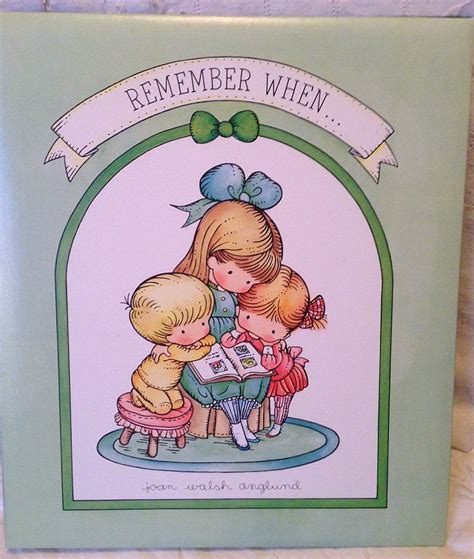A Quote by Mahershala Ali
When you graduate is when you start to find yourself looking at the information in the audition breakdown and it says tall black African - or African-American built such and such. And you start seeing these character descriptions and seeing that, oh, you're only going in for the ones that are described as your look.
Related Quotes
There couldn't possibly be a more label-driven industry than acting, seeing as every audition comes with a character breakdown: 'Beautiful, sassy, Latina, 20s'; 'African American, urban, pretty, early 30s'; 'Caucasian, blonde, modern girl next door'. Every role has a label; every casting is for something specific.
One of the things that made the Black Muslim movement grow was its emphasis upon things African. This was the secret to the growth of the Black Muslim movement. African blood, African origin, African culture, African ties. And you'd be surprised - we discovered that deep within the subconscious of the black man in this country, he is still more African than he is American.
Words have consequences, and I judge people not only by their words but what they do. And if you look at people who have a pattern, who've built a career out of dividing people and who built a career out of often not just Obama but finding ways to degrade and diminish African-Americans and African-American leaders. It's racist to consistently make your living on the backs of black people.
Look - I'm an African-American. I'm black. But I'm just looking at the character and trying to find his soul, his energy. If you can wipe away the blanket of skin and flesh that people tend to see, and look inside for the essence of the soul, then that's the work I'm doing. That's the work I always do.
You have to start looking in the mirror and saying, 'this is who I am, this is what I am and this is how I'm going to be' and start demanding more from yourself. In spite of everything that this system has thrown at us, we still have to live at the end of the day. We still have to find purpose and find ways to prosper and make a profit so you have to find ways to stand on your own two feet and fulfill your potential as a black man or black woman on this planet no matter how marginalized or oppressed you may be.
The potential significance of Black feminist thought goes far beyond demonstrating that African-American women can be theorists. Like Black feminist practice, which it reflects and which it seeks to foster, Black feminist thought can create a collective identity among African-American women about the dimensions of a Black women's standpoint. Through the process of rearticulating, Black feminist thought can offer African-American women a different view of ourselves and our worlds
The Academy just reflects Hollywood. And until we break those barriers, until we have African-American or minority studio executives, 'til we have people who are greenlighting movies with African-American actors - the Academy is not going to change until Hollywood changes, so we have to start with Hollywood.
I wouldn't know what to do with [colour]. Colour to me is too real. It's limiting. It doesn't allow too much of a dream. The more you throw black into a colour, the more dreamy it gets… Black has depth. It's like a little egress; you can go into it, and because it keeps on continuing to be dark, the mind kicks in, and a lot of things that are going on in there become manifest. And you start seeing what you're afraid of. You start seeing what you love, and it becomes like a dream.



































